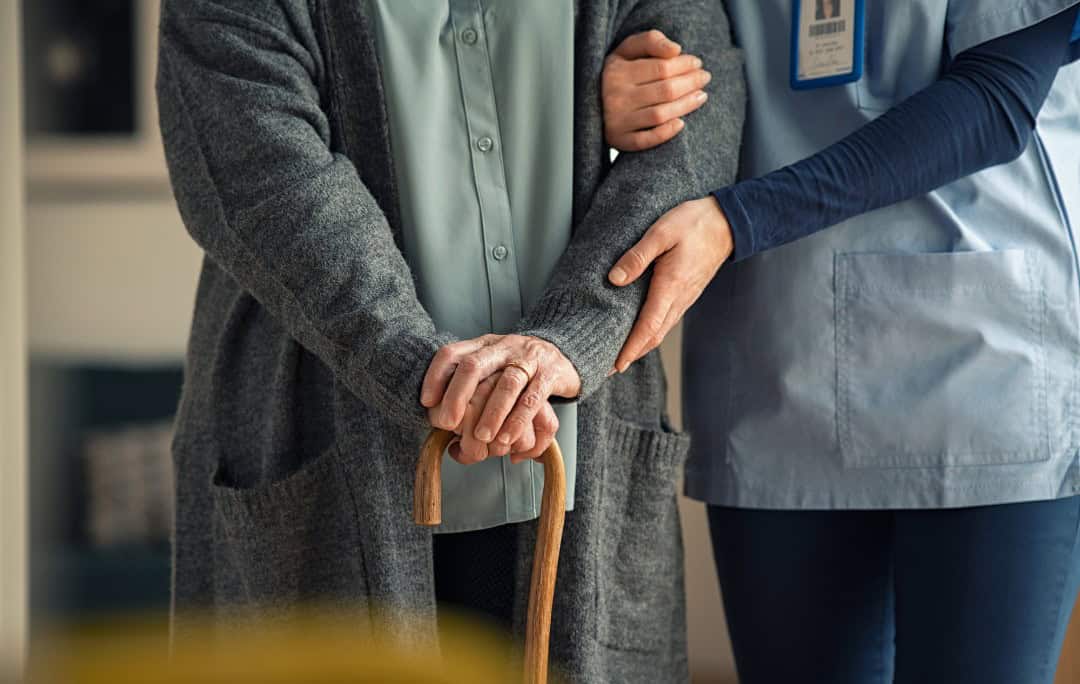Menopause is defined as when your periods stop due to lower hormone levels. This means that you can no longer get pregnant naturally because your ovaries have stopped producing eggs, meaning you have Menopause is defined as when your periods stop due to lower hormone levels. This means that you can no longer get pregnant naturally because your ovaries have stopped producing eggs, meaning you have less oestrogen, progesterone and testosterone production.
Most people describe menopause as when your periods become irregular, and you begin experiencing other menopausal symptoms. However, menopause is technically just a single day, when you haven’t had a period for 12 months in a row.
Early Menopause
The age at which a woman reaches menopause varies, however the average age for women in the UK is 51. It you reach menopause before the age of 45, it is known as ‘early menopause’. If you are under the age of 40 and are experiencing menopause, it is known as Premature Ovarian Insufficiency (POI).
There are different factors that can cause early menopause or POI such as surgery involving the ovaries, treatments for cancer (radiotherapy and chemotherapy), underlying conditions (such as Addison’s disease) and autoimmune diseases (like type 1 diabetes).
Surgical Menopause
You could reach menopause if you’ve had a hysterectomy (an operation to remove your womb). If you’ve had your ovaries removed during this, you’ll immediately reach it.
Perimenopause
As part of natural menopause (not surgical), your ovaries gradually stop working overtime. This is when you will notice your periods changing and could be experiencing other symptoms. This lead up to menopause is known as perimenopause, which can last anywhere between a few months and several years. The average time is approximately four years.
During this time, you could experience the following symptoms:
- Lighter or more irregular periods
- Hot flushes
- Mood swings
- Brain fog
- Fatigue
Most people start noticing these symptoms at around 45 but it can happen earlier or later. It’s likely that you won’t realise these symptoms are part of perimenopause setting in.
If you are over the age of 45, have noticed changes in your period and are experiencing other symptoms, your doctor should be able to diagnose you with perimenopause without any tests.
Living with perimenopause and menopause
We understand that the symptoms of menopause and perimenopause can get in the way of daily life. Because of this we wanted to share some ways to help you manage:
Sleep
Whether you are experiencing menopause symptoms or not, it is vital you’re resting and getting enough sleep. Lack of sleep has a negative effect on your brain, and when dealing with the menopause can enhance symptoms like fatigue, brain fog and memory difficulties.
When sleeping, it is important to keep your bedroom cool, making it much easier for you to get to and stay asleep, especially if you have been experiencing hot flushes. It’s also important to stick to a routine, which can improve not only the quantity of sleep you have but its quality too.
Set aside time for yourself
With work and your home life we understand that it can be difficult getting time for yourself, however it is incredibly beneficial. Low moods, stress and lack of motivation are common feelings associated with menopause. By setting time aside for exercise, leisure time or just something you enjoy can greatly impact these feelings and make you feel more positive.
Meet up with friends and family
Sometimes you may feel exhausted, and your social battery is drained, however meeting up with people you’re close to and interacting with others is important for your mental well-being. Bonding with others releases mood boosting hormones which improves your low mood symptoms.
Exercise
Not only does exercise lower the risk of health problems such as heart disease and type 2 diabetes, but it also boosts your endorphins and increases your mood. It is estimated that 40% of adult women in the UK don’t get enough exercise meaning they aren’t benefiting from the positives that exercise can have on your body and mind.
Eating a well-balanced diet
Eating the right foods can helps combat symptoms like fatigue and boosts your energy levels. Because your body stops producing oestrogen, your bones need extra nourishment.
For more information, visit https://www.nhs.uk/conditions/menopause/








